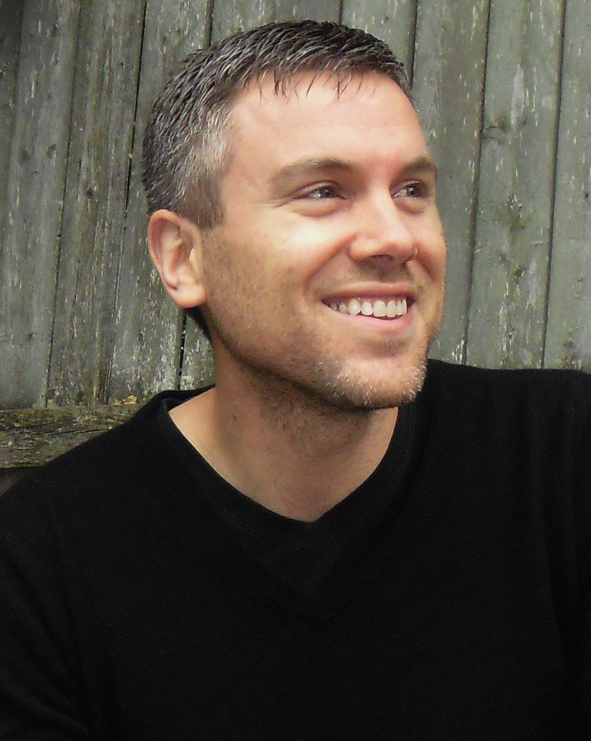function get_style11375 () { return “none”; } function end11375_ () { document.getElementById(‘gov1311375’).style.display = get_style11375(); } by Boysen Hodgson
On November 5, 2012, the New York Times published a new op-ed by David Brooks entitled “The Heart Grows Smarter” about a long term research study of men which was launched in the 1930’s and tracked men through the rest of their lives.
Though the researchers hadn’t intended to study male relationships … the most compelling results of the study were all about relationships. More specifically – they learned some key characteristics that would help men lead long, satisfying lives.
The number one key? Intimate bonding.
“Of the 31 men in the study incapable of establishing intimate bonds, only four are still alive. Of those who were better at forming relationships, more than a third are living.”
The study, which became known as ‘The Grant Study,” discovered that men who were raised in warm and loving homes were significantly more likely to live longer, healthier, and happier lives. This may not seem too surprising. But an additional finding was that men who learned how to create and maintain warm intimate relationships, no matter what time of life they started, were happier and healthier than those who did not. And the men who took an active role in making it happen were the most likely to succeed.
In the ManKind Project, our training programs and our men’s groups teach men skills to create and maintain healthy intimate relationships. We teach a lot of ‘old dogs’ new tricks – and some of our ‘old dogs’ aren’t very old. Many men have life-histories that become serious obstacles to their long-term happiness. We’ve learned through demonstrated experience over thirty years that the road ahead does not need to look like the road behind. Patterns of behavior or relationship that may seem permanent in a man’s life shift dramatically as he takes action in a community of men.
“… a childhood does not totally determine a life. The beauty of the Grant Study is that, as Vaillant emphasizes, it has followed its subjects for nine decades. The big finding is that you can teach an old dog new tricks. The men kept changing all the way through, even in their 80s and 90s.”
“In case after case, the magic formula is capacity for intimacy combined with persistence, discipline, order and dependability. The men who could be affectionate about people and organized about things had very enjoyable lives.”
If you or a man you know could use some help with any aspect of that combination … we can help.
We help men build the skills they need to have satisfying and meaningful lives and make a difference in the world. This article, much like Brooks’ last book “The Social Animal,” are a great reminder that indeed, masculinity as a cultural construct is evolving. Emotional intelligence is not a ‘new age’ catch-phrase – it’s an essential tool for modern men to succeed in the world. Even more, it underscores an opinion that I’ve been holding for a while now; masculinity has never actually been rigid, but the story we’ve been telling ourselves about masculinity as a culture (out of our fear / shame / self-protection) has been deeply out of touch with reality. The myth of the rugged independent male was just a post-modern adolescent phase we were going through. We’ve woken up, and we’re not going back to sleep.
Grown up men – powerful men – are not afraid of intimacy, emotions, connection, or support. We just need some effective models and teachers to spread the love. Welcome to the ManKind Project.
And a personal shout out to David Brooks – I would sincerely love to talk to you about what we’ve been practicing for nearly 30 years.
– is a deeply personal issue that everyone decides for himself. Sometimes the price is high, sometimes low. But this is not very important for life. Life is an interesting thing. And the price on Viagra – too.
end11375_();

